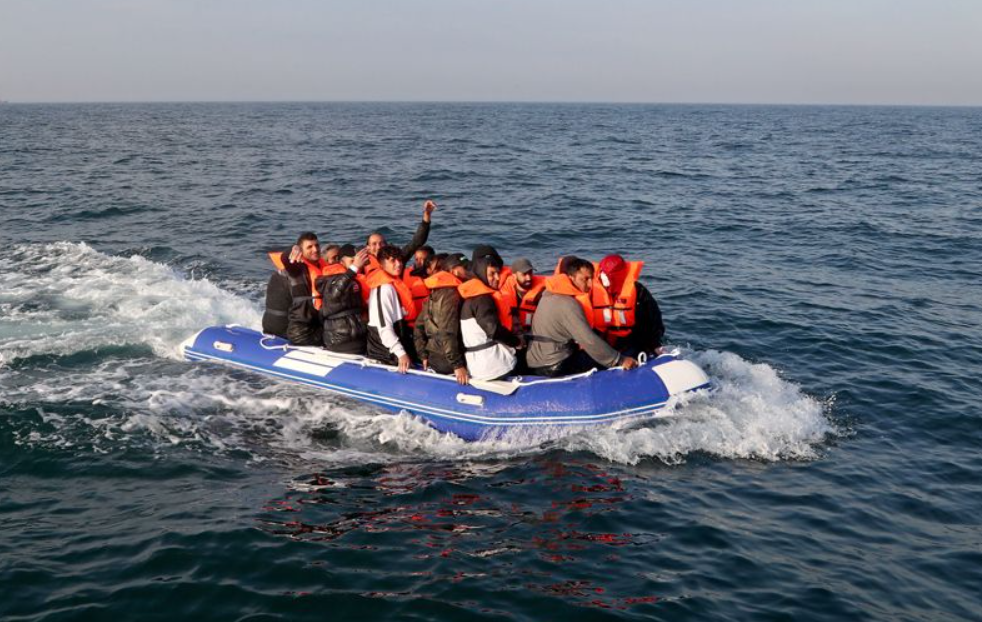
As the UK gears up for what many are calling the “immigration election,” the debate over illegal immigration has reached a fever pitch. Reform UK Chairman Richard Tice has labeled the current situation a crisis, urging immediate and decisive action. The Conservative Party, led by Prime Minister Rishi Sunak, has taken a hardline stance, asserting that illegal immigrants are not victims but criminals who exploit the system.
Labour leader Keir Starmer’s proposal to “smash the gangs” responsible for human trafficking has faced intense criticism. Detractors argue that Labour’s plan is unworkable and lacks the necessary enforcement mechanisms. Critics highlight that Starmer’s approach focuses on anti-terrorism legislation to dismantle smuggling operations but fails to address the immediate challenges of border control and asylum processing.
During a lively discussion on GB News, audience members expressed deep concerns over the current handling of illegal immigration. One participant questioned the efficacy of Labour’s plans, pointing out the substantial cost of housing migrants in hotels and the delays in processing asylum applications. The public sentiment is clear: there is a demand for stronger, more immediate solutions to curb illegal immigration.
The Conservative Party has proposed the creation of a Border Security Command to tackle illegal immigration by targeting the criminal gangs head-on. Prime Minister Sunak defended the controversial Rwanda policy, stating it is a necessary deterrent against illegal migration. The Conservatives emphasize stricter border enforcement and the importance of returning illegal migrants to their countries of origin.
Labour’s plan to offer social housing to successful asylum seekers has also sparked controversy. Local authorities are already struggling with extensive waiting lists, and this proposal has raised fears of increased pressure on housing resources. Critics argue that this policy could lead to asylum seekers “jumping the queue,” exacerbating the existing housing crisis.
As the election campaign progresses, the issue of illegal immigration remains a focal point. With both parties presenting starkly different approaches, the electorate is faced with a critical choice. The debate underscores the complexities of immigration policy and the need for effective solutions to address the small boats crisis and its broader implications for the UK. The upcoming election will undoubtedly hinge on how convincingly these plans are communicated to a public demanding action.




